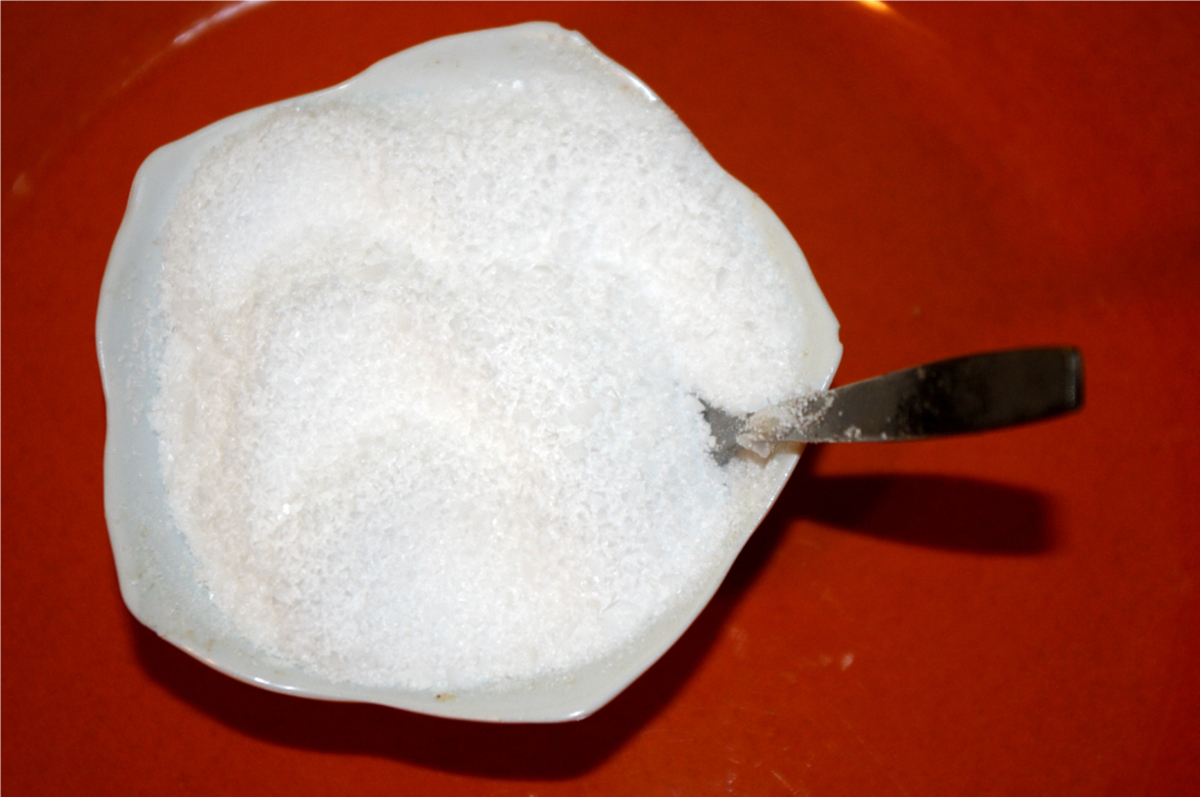
What is Iodine?
Iodine is a mineral that occurs in traces in the body, and is required for normal growth and development. Approximately 70-80% of iodine is in the thyroid. Iodine is an element which is necessary for the creation of thyroid hormones triiodothyronine (T3) and tetraiodothyronine (T4). Thyroid gland takes iodine from the blood and uses it in the production of thyroid hormones, which are released in bloodstream when they are needed. Thyroid hormones show their effects in targeted organs and tissues of the body.Lack of iodine leads to hypothyroidism - reduced level of thyroid hormones. Symptoms of this condition include fatigue, weight gain, dry skin, sensitivity to changes in temperature. Hypothyroidism can lead to delays in physical and mental development in infants and children. The typical sign of iodine deficiency is enlarged thyroid. In the human diet was introduced mandatory iodizing salt in order to prevent iodine deficiency, so, since then this problem is regulated in developed countries.
Iodine is primarily used in the prevention of hypothyroidism, but sometimes it may be used for: expectoration - iodine helps in releasing secretions from the throat and airways. It is used as a cough syrup. breast fibrocystic changes - according to some researches, the lack of iodine can cause the development of fibrocystic changes in breasts. breast tumor - diet rich in iodine is associated with reduced incidence of breast cancer occurrence. vaginitis – povidone-iodine vaginal suppositories are used to control inflammatory processes, as well as itching and secretion. wounds - iodine is often used to disinfect wounds, and it is applied as a solution. Povidone-iodine ointment is used for burns to reduce the development of infection. radioactive iodine is used for increased activity of thyroid, called thyroidism.
Food Sources of Iodine
The most important source of iodine is iodizing salt. Good sources of iodine are vegetables that grow on soil rich in iodine. Garlic, sesame, soy, spinach are good sources of iodine. Then there are onions, milk and milk products, saltwater fish and seafood which absorb large amounts of iodine from the sea.The content of iodine (µg) in 100 g of food: Mackerel 170, Shellfish 120, Cod 110, Smoked fish 71.3, Yogurt 63.3, Eggs 52.9, Cheese 45, Shrimp 41.3, Herring 32, Trout 16, Milk 15.4, Kidneys 15.3, Liver 14.7, Tuna 14, Beer 8.
What is the Recommended Daily Dose?
It is considered that the daily requirements are 120-150 mcg of iodine for adults, while this dose increases to 200 mcg during pregnancy and lactation.Sudden intake of large amounts of iodine can lead to disturbances in the production of thyroid hormones in people who usually have normal thyroid function. Increased iodine intake also increases the risk of Hashimoto's disease, some thyroid tumors and thyrotoxicosis. Additional intake of iodine in the form of supplements is not recommended in areas where soil and foods contain sufficient amount of iodine.






-In-Infants-And-Older-Children_f_280x120.jpg)

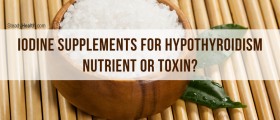
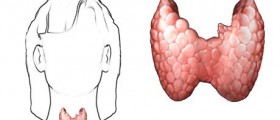
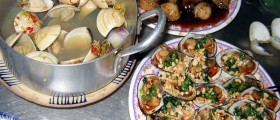

-And-Children-16-Warning-Signs-And-Symptoms_f_280x120.jpg)


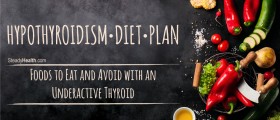

Your thoughts on this
Loading...